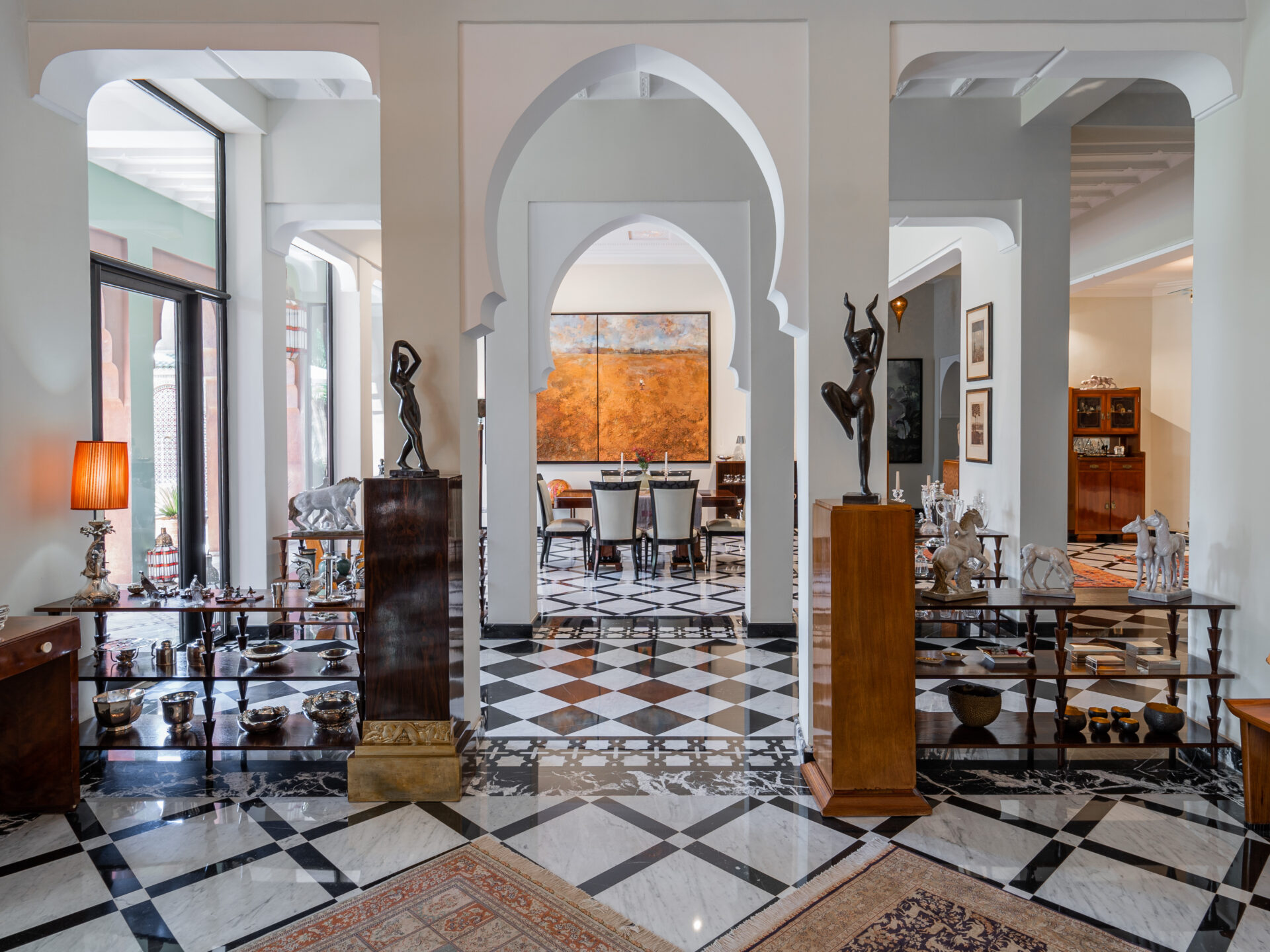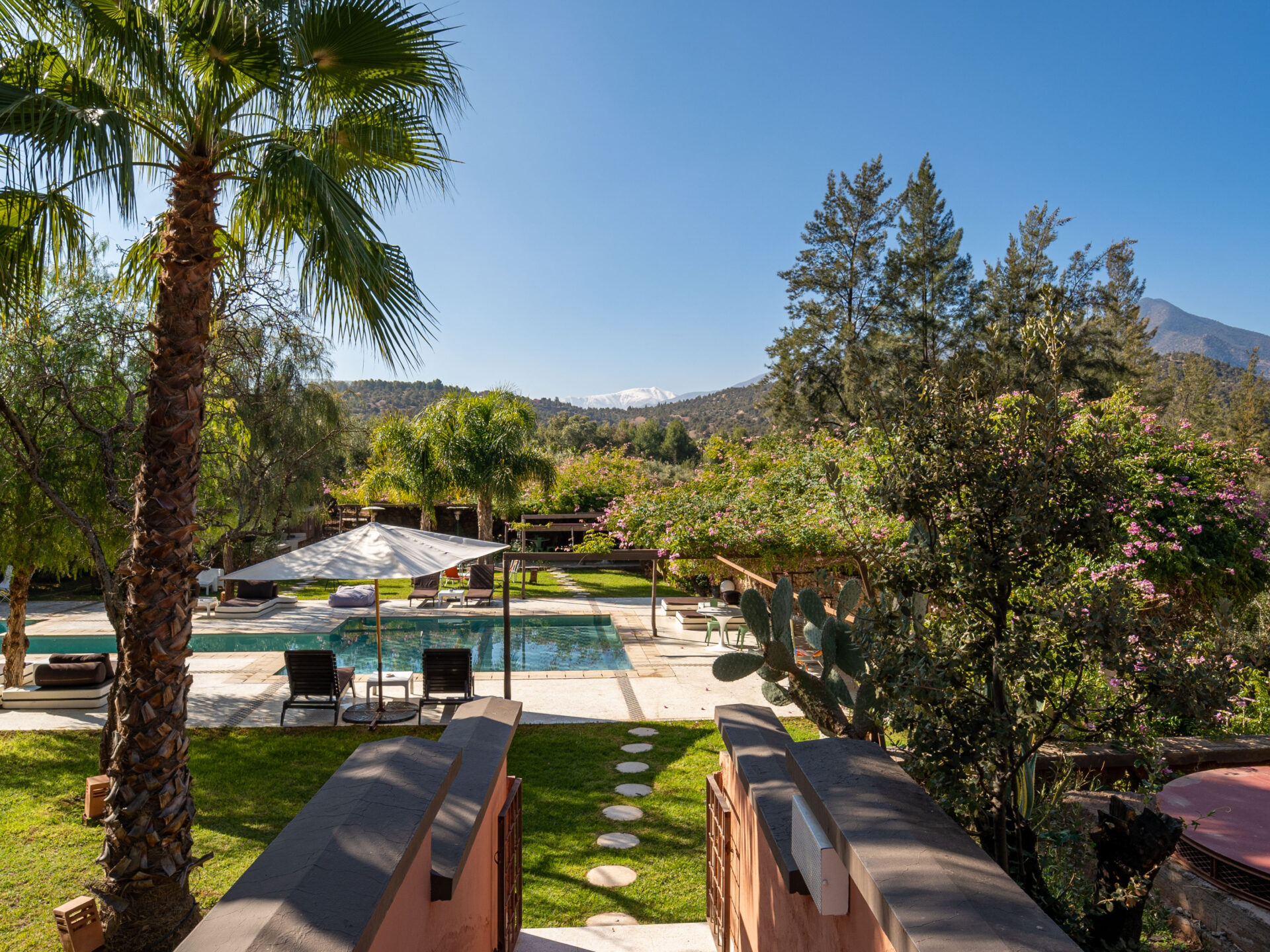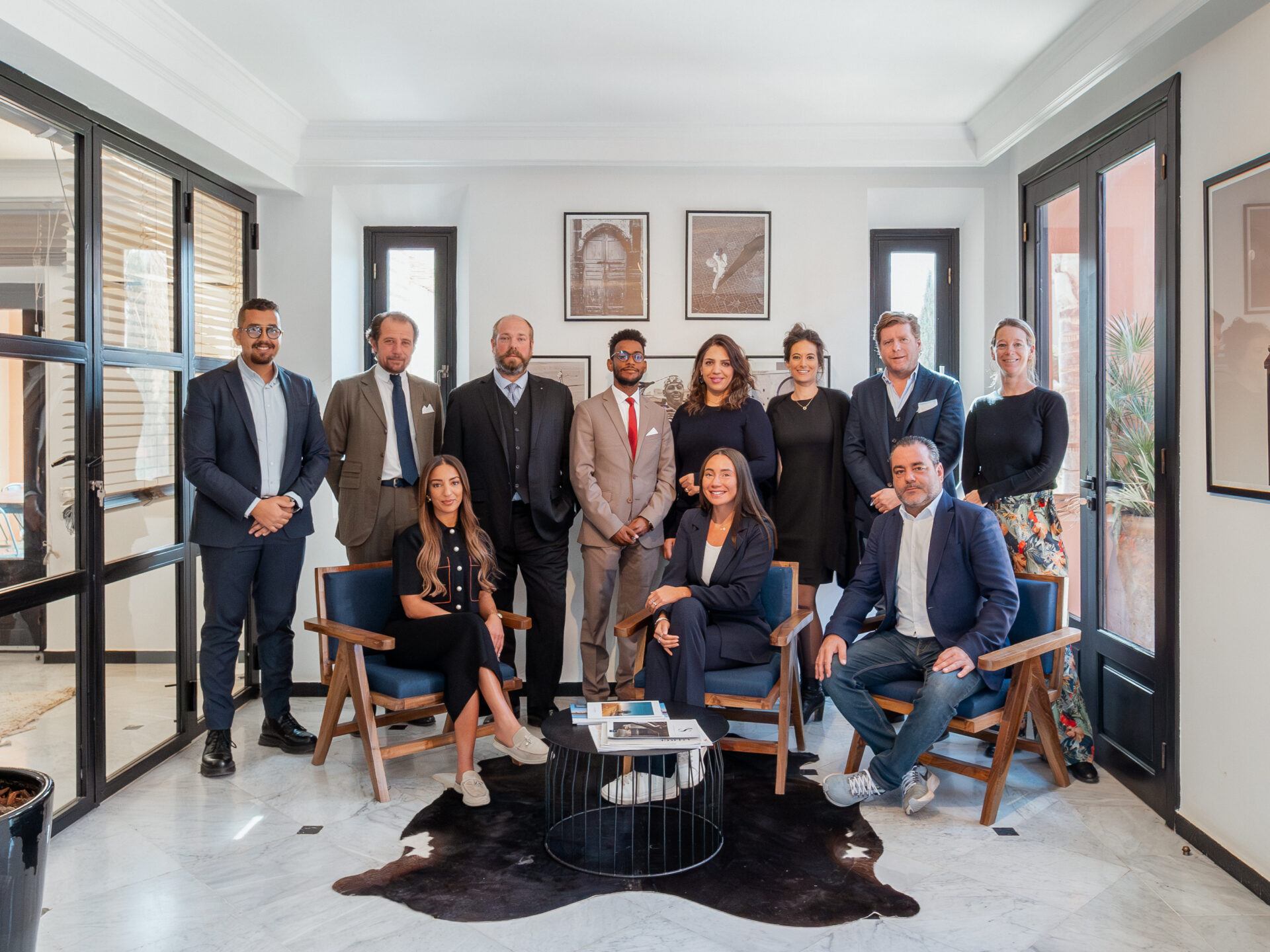For a several years, Morocco has introduced measures to facilitate and secure real estate investment for foreigners, without the need for them to be resident in Morocco.
In order to take advantage of these incentives and facilitating measures, it is however advisable to be well accompanied in the acquisition process.
The notary is a public official appointed by Dahir. He is a legal professional who secures transactions by ensuring their authenticity and probative value. Given the importance of the funds involved, he will help the parties involved to surround themselves with all the necessary guarantees to secure the transaction.
Once the information needed to verify the legal security of the property has been collected, the notary will proceed to the signing of the deed of sale, which will record the transfer of ownership of the property from the seller to the buyer by handing over the keys against payment of the price. The buyer will hand over a cheque for the amount of the price and the notary’s fees; the notary will himself write a cheque to the seller which ensures that the latter has full security of payment
The notary must then carry out a certain number of subsequent formalities which are, on the one hand, the publication of this authentic deed at the mortgage registry and on the other hand the reimbursement of the seller’s various creditors of the sums owed to them to lift the mortgages. Notary fees amount to 1% of the transaction amount. If the acquisition is made by an investment company of a legal entity, it’s advisable to seek the assistance of a lawyer or a tax expert. This form of acquisition is quite widespread given the number of foreign investors who invest in tourism and more particularly in properties such as hotels or guest houses.
In this context , the creation of a management company in parallel with the company holding the property is an easy step in Morocco. The remittance of dividends via this management company to the foreign country is also simple. The applicable tax rate is 15%. All that is required is to have opened an account in convertible dirhams with a local bank. At the time of the sale of property, if it’s held by a company, the shares of the company will be transferred. A lawyer will be able to take the necessary steps to complete this process.
The real estate agency will be able to direct you towards lawyers and tax advisers who are perfectly familiar with these procedures. Note that the banks in Marrakech are also used to these procedures. Once the seller and the buyer have agreed on the purchase price, usually with the help of a real estate professional, the notary will be entrusted with the file. Very similar to the process that applies in Europe, the Moroccan sales process can be divided into three stages: the compromise sale, the period between contracts and finally the deed of sale.
When the parties have agreed on the transfer price of the property the notary will ask the buyer about the legal status of the property. If the property isn’t titled and a titling procedure isn’t possible or relevant, the notary shouldn’t recommend the sale in the case of a foreigner of a foreign status of the parties or one of the parties could definitely jeopardise this action and the transaction. In the case of a Moroccan resident or a Moroccan resident abroad (MRE) his assessment may be different.





